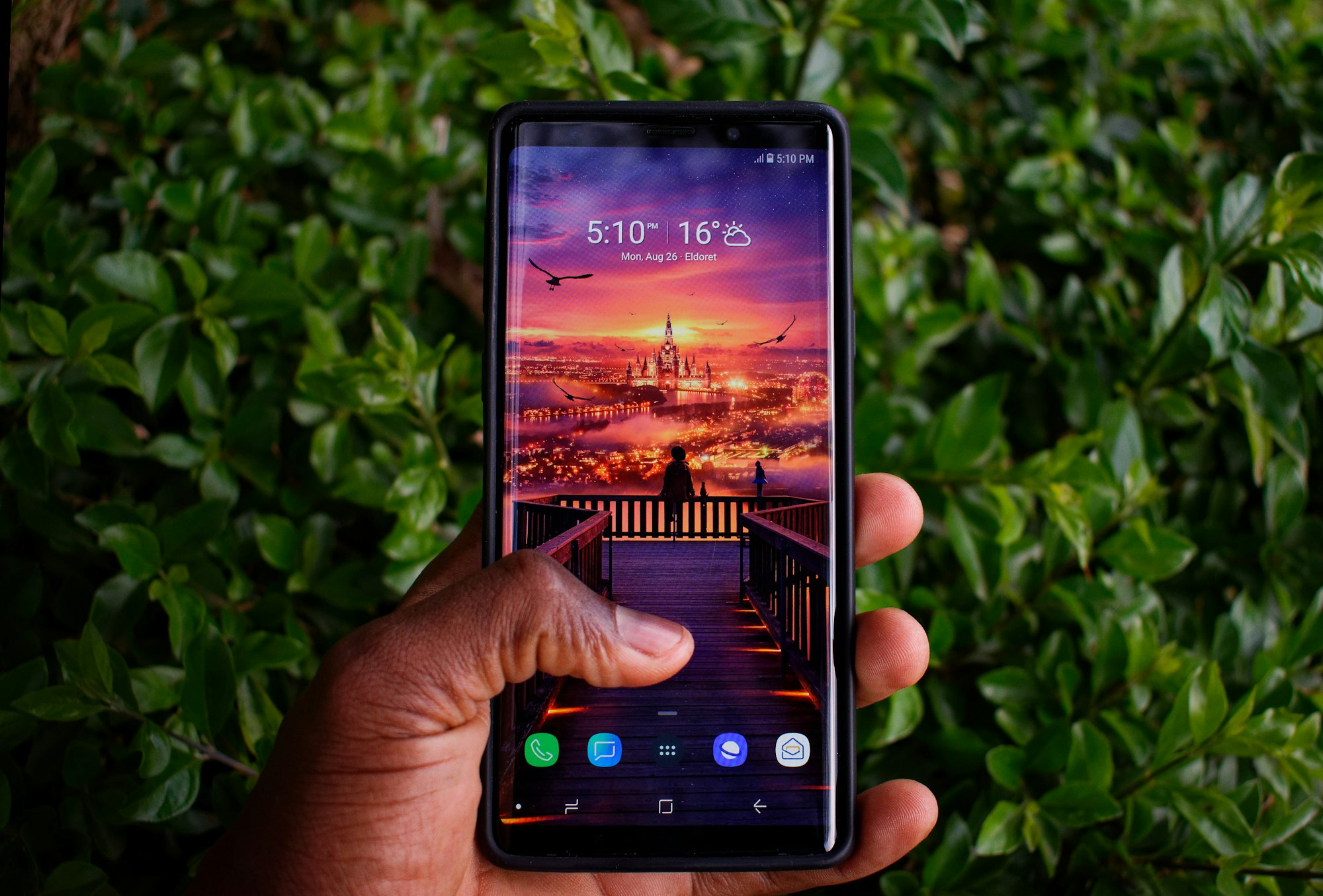Government's Plan for Digital Inclusion: Promoting Affordable Access to Smart Devices for All Kenyans
Kenya's Ministry of Information and Communication Technology (ICT) has been actively working to foster digital inclusion and provide affordable access to smart devices for all Kenyans. Local smartphone assembly plays a crucial role in this plan, aiming to address the affordability challenge and promote smartphone penetration in the country. Nokia's involvement in this initiative aligns with the government's goals and aspirations.
Challenges of Smartphone Affordability in Kenya: Rising Prices and Taxation Hindering Digital Inclusion
Smartphones in Kenya are generally not affordable for many individuals. While some companies, such as Transsion (TECNO, Itel, and Infinix) and OPPO, have offered more affordable alternatives, they have been compelled to increase prices due to factors like the depreciating dollar rate, inflation, and local taxes. The government's introduction of a 10% tax on phone imports in the Finance Act, 2022, alongside the existing 25% import duty, further exacerbates the challenge of affordability. This situation poses a significant obstacle to digital inclusion and smartphone adoption among the majority of Kenyans.
Local Manufacturing as a Solution: Bridging the Digital Gap through Local Smartphone Production
Kenyan ICT and digital economy cabinet secretary, Eliud Owalo, proposed the idea of local smartphone manufacturing as a means to bridge the digital gap. He revealed that telecom companies, including Safaricom, Jamii Telecom, and Airtel, despite being competitors, have come together to address the issue of affordable smartphones. The government is actively establishing the necessary manufacturing infrastructure to transition Kenya from a technology importer to a technology manufacturer. The target launch date for this initiative is set for July 2023, with the feasibility study completed and the required components sourced.
Progress Towards Affordable Smartphone Manufacturing: Government's Commitment to the Project
During the Information Communication and Technology (ICT) week in Nairobi, it was reported that the government remains committed to ensuring the success of the local smartphone assembly project. The Cabinet Secretary confirmed that the smartphones will indeed be priced at $40, as initially proposed, and are scheduled for release in July. The assembly will take place in Konza City, Kenya's upcoming green city. While the exact companies involved in the assembly process are yet to be announced, the government, along with the telecom companies, is actively driving the project forward.
Nokia's Involvement in Local Assembly: HMD Global's Contribution to Affordable Smart Devices
HMD Global, the manufacturer of Nokia smartphones, recently announced its plans to assemble some of its devices in Kenya. Nokia, a renowned brand that re-entered the local market in 2017, aims to improve access to affordable smart devices in Kenya. Recognizing the shift in public interest towards other brands, Nokia is introducing affordable 5G-powered phones to appeal to potential local buyers.
Device Financing and Successful Programs: Enabling Access through Payment Installments
HMD Global intends to provide device financing programs to locals, allowing them to purchase phones through convenient payment instalments. This approach aligns with Safaricom's successful Lipa Mdogo Mdogo program, where customers can pay as low as KES 20 per day over an extended period to acquire their own smart devices. The Lipa Mdogo Mdogo program has witnessed significant success, resulting in the sale of over 0.5 million devices.
Potential Partnerships and Future Outlook: Collaborations for Enhanced Local Smartphone Assembly
While the government has formed partnerships with telecom companies like Safaricom, Jamii Telecom, and Airtel for local smartphone assembly, other potential partners could play a significant role in this endeavour. Transsion Holdings, known for manufacturing popular brands like TECNO, Itel, and Infinix, as well as BBK Electronics, the manufacturer of OPPO, Vivo, and OnePlus devices, are among the companies that could potentially join the local assembly process. The exact details of these partnerships and whether local assembly will be limited to smartphones only remain unclear. However, as the rollout date approaches, more information will be unveiled, shedding light on the extent and scope of these collaborations.
Driving Digital Inclusion and Bridging the Gap: A Collective Effort for Affordable Smart Devices
The government's commitment to local smartphone assembly, coupled with HMD Global's participation, signifies a determined effort to drive digital inclusion and bridge the affordability gap in Kenya. By providing access to affordable smart devices, the initiative aims to empower more Kenyans with the tools necessary for connectivity and digital opportunities. Assembling smartphones locally not only reduces costs but also contributes to job creation and the growth of the local manufacturing sector.
Unlocking New Possibilities: The Impact of Local Smartphone Assembly
The successful implementation of local smartphone assembly in Kenya holds the potential to transform the digital landscape. Affordable devices enable more individuals to access essential services, educational resources, and economic opportunities, fostering overall development and progress. By making smart devices accessible to a broader population, Kenya can bridge the digital divide and empower its citizens to participate fully in the digital economy.
The Road Ahead: Advancing Digital Inclusion Through Local Manufacturing
As the government, telecom companies and device manufacturers forge ahead with the local smartphone assembly project, the focus remains on meeting the target launch date and ensuring affordability for all Kenyans. Continued collaboration, innovation, and investment in the manufacturing ecosystem are crucial for sustained success. The journey towards digital inclusion and accessible smart devices requires ongoing efforts and a shared vision to transform Kenya into a hub of affordable technology, empowering its people and driving socioeconomic progress.




